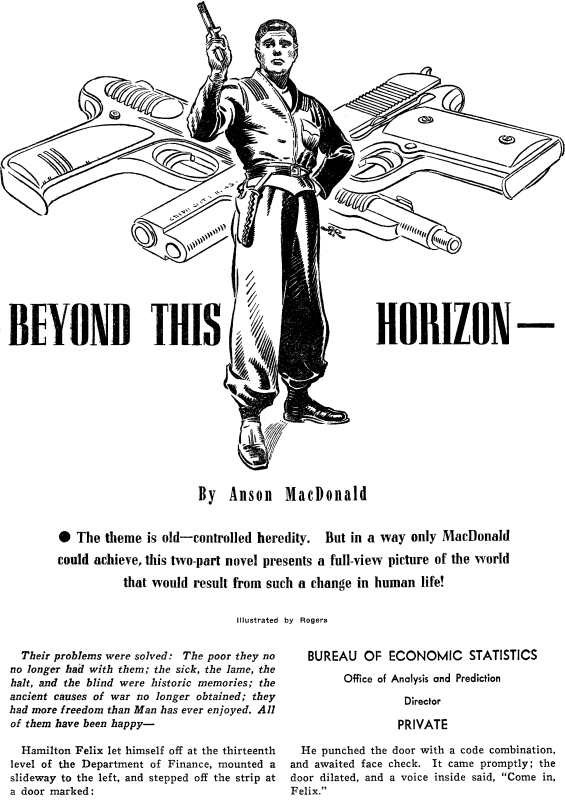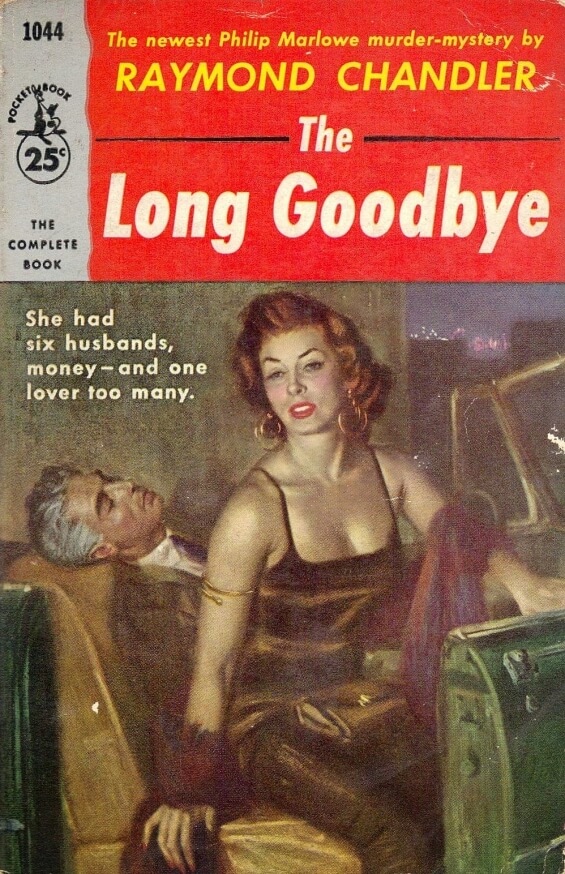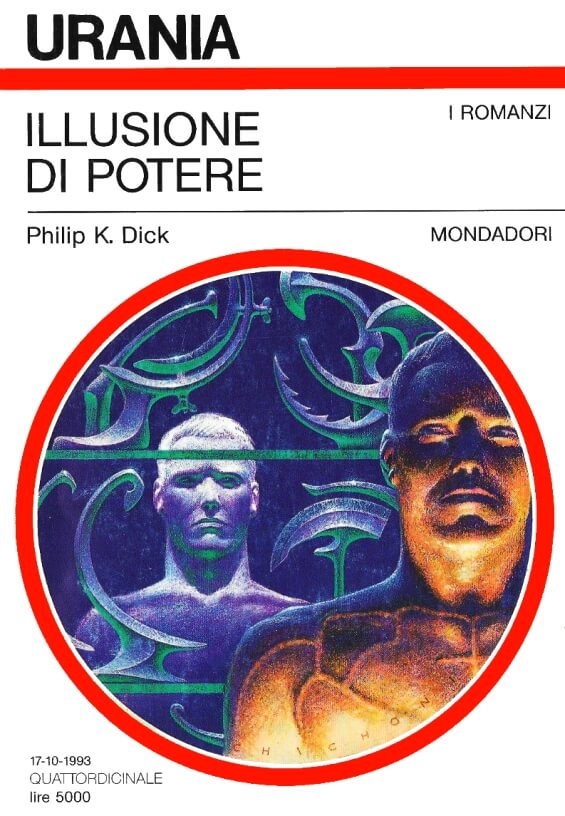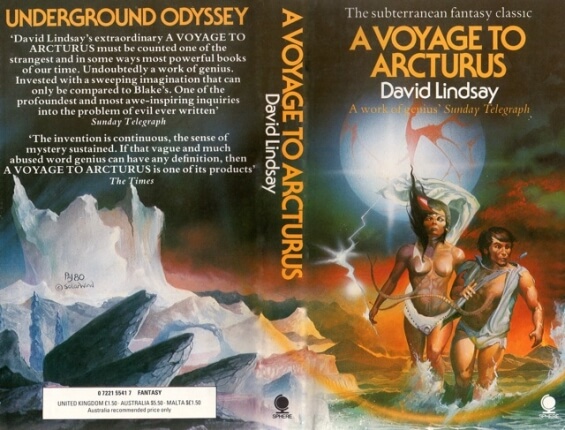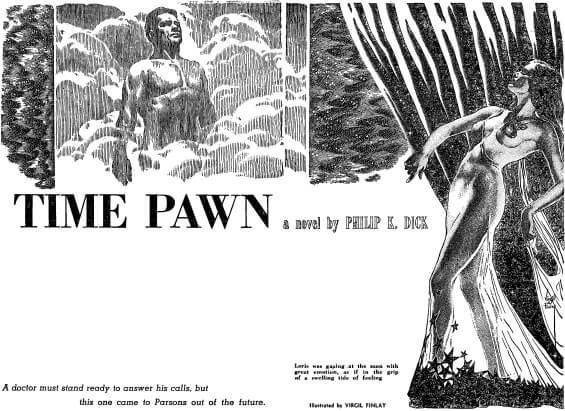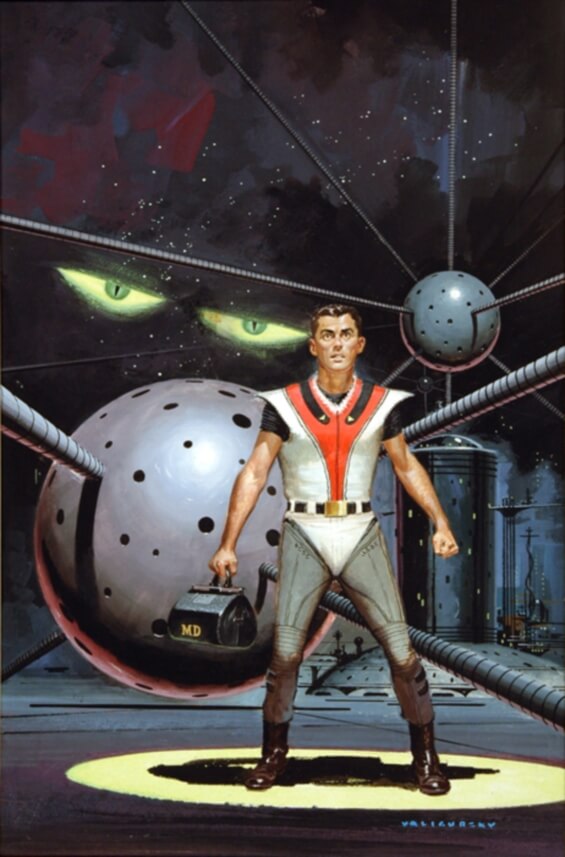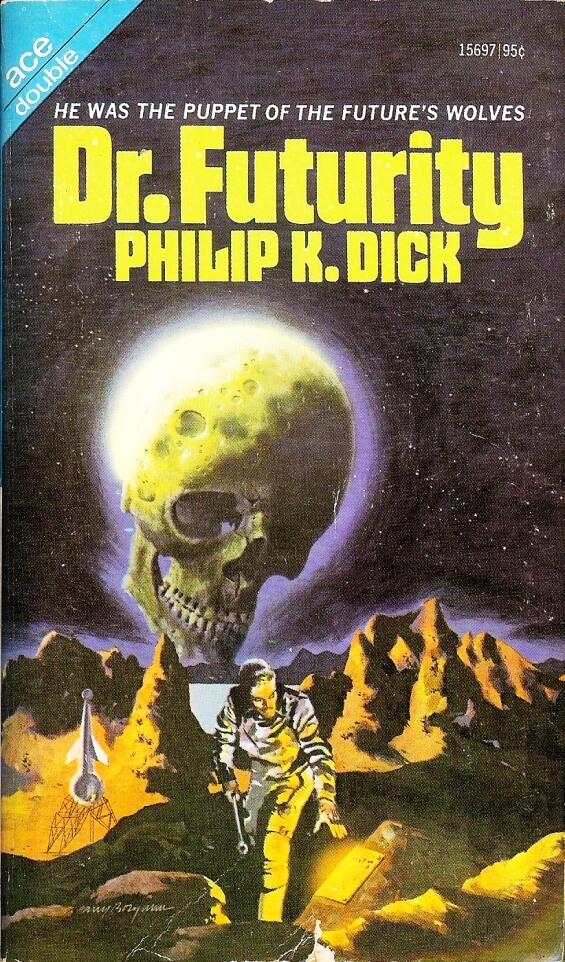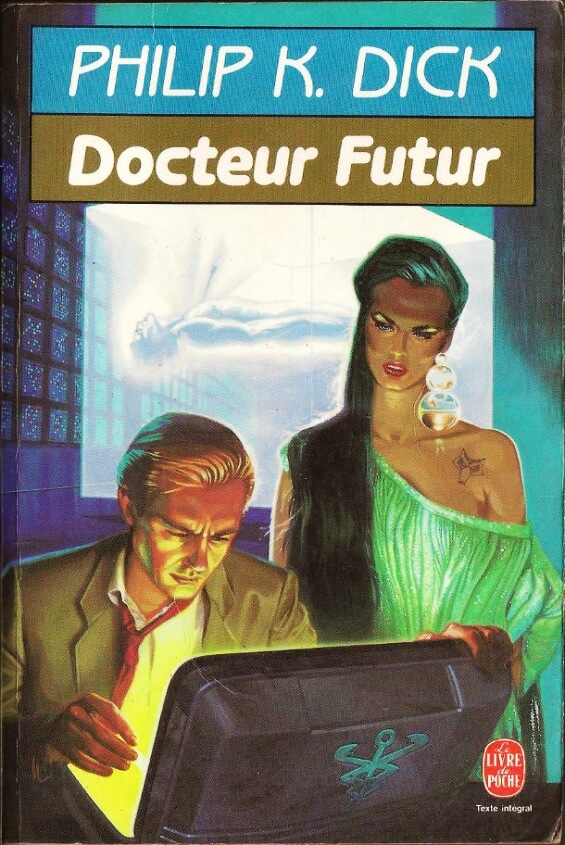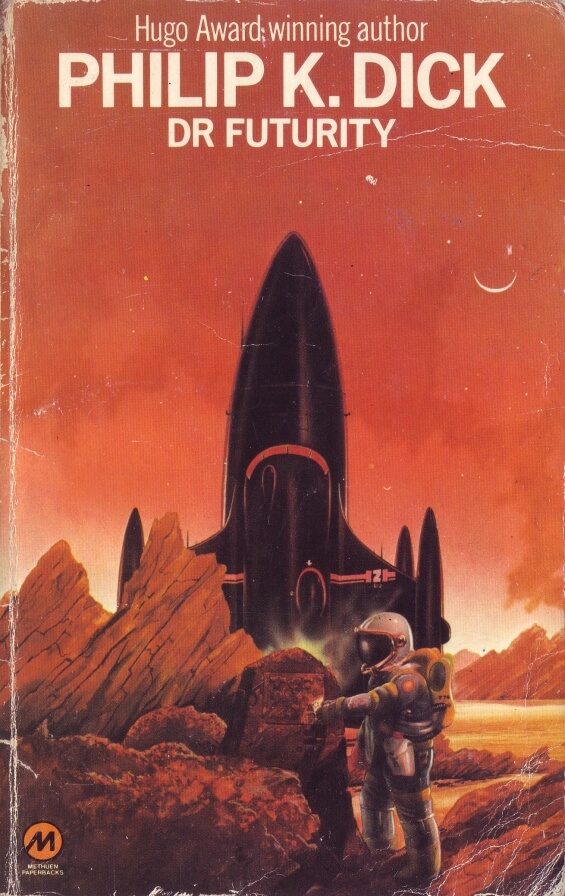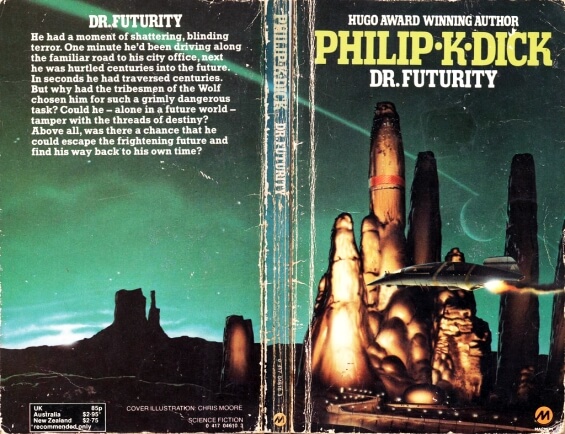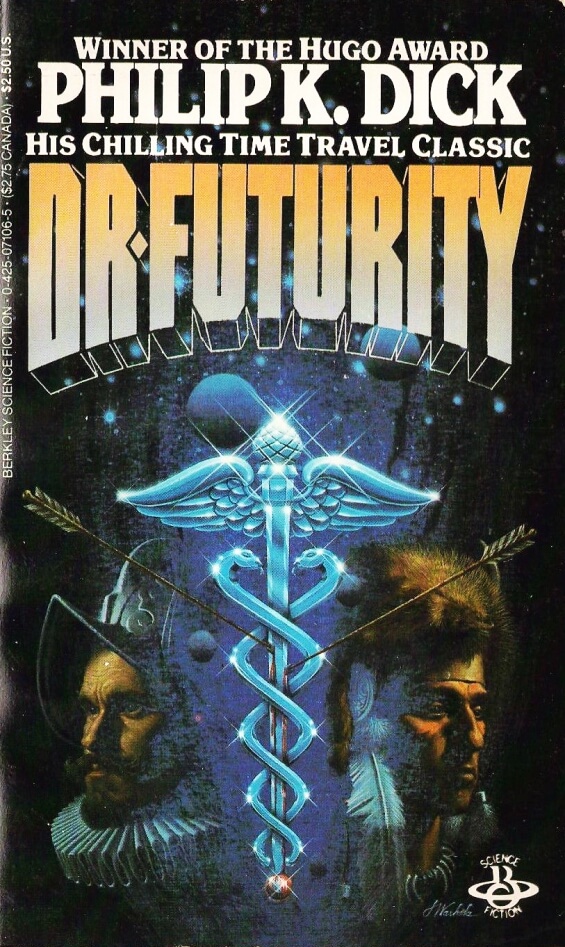
 The SFFaudio Podcast #358 – Jesse, Paul, and Marissa talk about The Simulacra by Philip K. Dick.
The SFFaudio Podcast #358 – Jesse, Paul, and Marissa talk about The Simulacra by Philip K. Dick.
Talked about on today’s show:
1964, Simulacrum vs. Simulacra, Dick is right in complaining about the title, Ace Books, what this book is about, “The First Lady Of The United States”, in the background, a tiny little hint, are chupas androids?, a closed-circuit-like passing spasm, who and what are robots, simulacrum, undercooked, best novel or worst novel, the audiobook, well-crafted, juggling, so confusing, a populated novel, psychoanalyzing Philip K. Dick, the settings, a complex complicated world, the Warsaw Pact, Poland, the Soviet Union, jalopies, why is the world the way it is?, der alter = the old man, Philip K. Dick saying…, my wife is my boss, changeable husbands, my emotions aren’t real, a fine idea for an SF novel, Queen Elizabeth II, the society is profoundly different, they don’t have books (or knowledge about anything), projecting into minds, your one chance, mass psychosis, societal control, a caste system, “the Ges”, the USEA society, education?, hobbies, “Let’s Watch Nichole”, it was nightmare world, passing the social studies test to keep your apartment, deep sea divers, knowing the numbers, a glimmering seed of an idea, revisionist history all the time, busywork, having political correct terms for everything, a Stalinist version of this story, the New Pravda, Wikipedia, “the euphemism treadmill”, what sounds like attack words, the word shit is a shitty word, toilet, escape to another planet, there’s always people going off-world, Do Androids Dream Of Electric Sheep?, when you leave Earth, service simulacra, a worker of your own to help you, a warm jacket and a packed lunch, quick divorce, “I divorced my wife last night”, the Frontier Thesis, Frederick Jackson Turner, space as the new frontier, “the artificial worlds of Philip K. Dick”, the default, “the final frontier”, colonizing the solar system and the universe, other countries, Canadian bacon exists, moving to another apartment complex is a huge deal, what will the kids think?, a satire, the latest season of Homeland, an unprecedented, American television is very strange, House Of Cards, has there ever been an American television series set in another country?, not a Netflix show, tricked Americans into seeing another country, increasing America, the Berlin Airlift, JFK, the Philippine conquest, and Cuba, Germanophile weirdness, time travel is very easy, why always with the Hermann Göring in SF?, “he looks like he’s having fun”, he knows how to use power, Caligula, monsters, you have to have dinner with someone in the Third Reich, To Your Scattered Bodies Go by Philip Jose Farmer, why is Hermann Göring in this book?, a transplanted plot?, looking to change time, palace intrigue, a time war, hilarious, more of everything, he’s running into himself, Sir Francis Drake, Time Pawn aka Dr. Futurity, apartment complexes, The Man Who Japed, fear of the pop-quiz, history isn’t neat, from democracy to totalitarian hermit kingdoms, baroque weird alien things (from the outside), it hangs itself (together), jug bands?, “Jug Band Plays The Whitehouse”, Richard Congrosian believes his body odor is lethal, Chick, chupa, the way Dick’s mind works, she’s so mean she can’t be a robot, that explains my lack of emotion, palupas are fake, am I invisible?, nits?, the crawling advertisements, they shoot the adveritzments to make them shut up, the reason Richard Congrosian thinks he stinks, I’ve had sex with 755 women, I’ve met three presidents of the United States, the default response, brainwashing, Jesse is sensitive to scent, Tide laundry detergent, gender equality vs. not touching door-handles, Paul’s superpower is he can smell ketchup from a mile away, Jesse thinks the general public is brainwashed by clothing cleaning products advertising, soap operas, Gain laundry detergent, advertising a product can create a market, fake creation of desire, the pets, my sheep’s not real, like the Dr. Bloodmoney, psychiatry, Mars, neanderthals, political factions, mutants, he just read something, The Crawlers, “more evolved” isn’t really a thing, a group of sad-sack mental deficients, what circumstances would allow you to enjoy a future that is grim?, he wanted vegetables and they gave him a coin, if they were the simulacra at the end, waiting for their time to rise up over the humans, the neanderthals will inherit the earth, this (novel) is a stew, not the best meal he (Dick) has served, electic music enterprise, do they have any ethnic music before you die?, funny digs, German conglomerates, Dick seemed to enjoy writing this, the next thing you know you have twenty characters and ten plots, it’s all held together by Dr. Egon Superb, Strikerock, Wilder Pembroke, National Police, one of his biographies or an interview, other than being a psychoanalysis of his own marriage, Dick never came at it from whatever the dominant view was, sometime in this period…, communists, the FBI came by and interviewed him, a locked filing cabinet, bikers, drug addicts, the FBI, or he did it, he became friends with one of the FBI agents (who taught Dick to drive), Donald A. Wollheim, in the paranoid phase, I’m gonna help out, no matter what novel there’s only thirty or forty people in the entire society, eventually their in the crank file, when you see the NP men, the Secret Service, an insight, when Philip K. Dick is at home he’s at work, all grist for his mill, when he isn’t writing novels he’s writing letters to the FBI, a terrible Philip K. Dick novel but a pretty good science fiction novel, fun and funny, a prism, that’s okay, sometimes you get stuff that’s okay, was there boobs?, “she had high-rise breasts”, 90-year old breasts, no quivering breasts, they were poking out every now and then, “her breasts protruded divinely”, we have marriage we have boobs, somebody is drinking coffee, you can see his life, so true, so familiar, just hanging out with Philip K. Dick again, random Germans, he likes Germans, hanging out with Philip K. Dick.
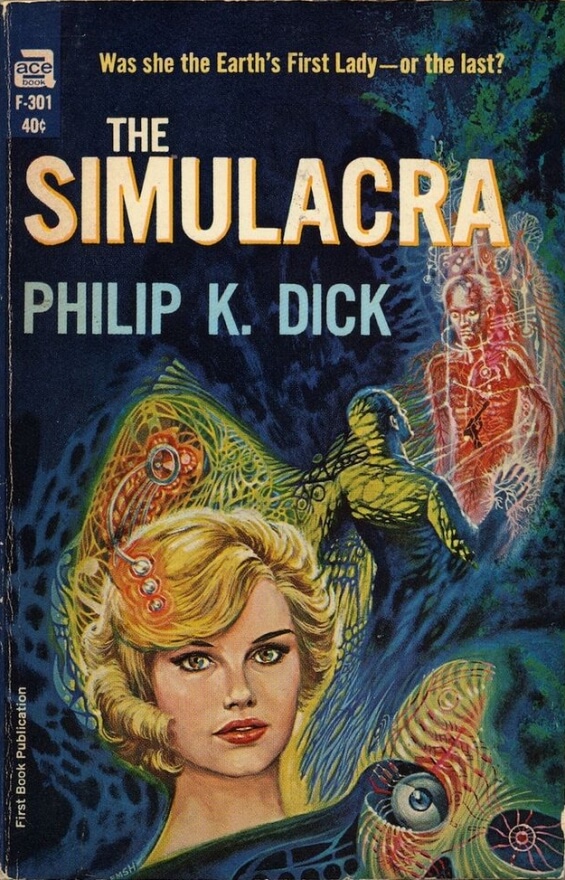
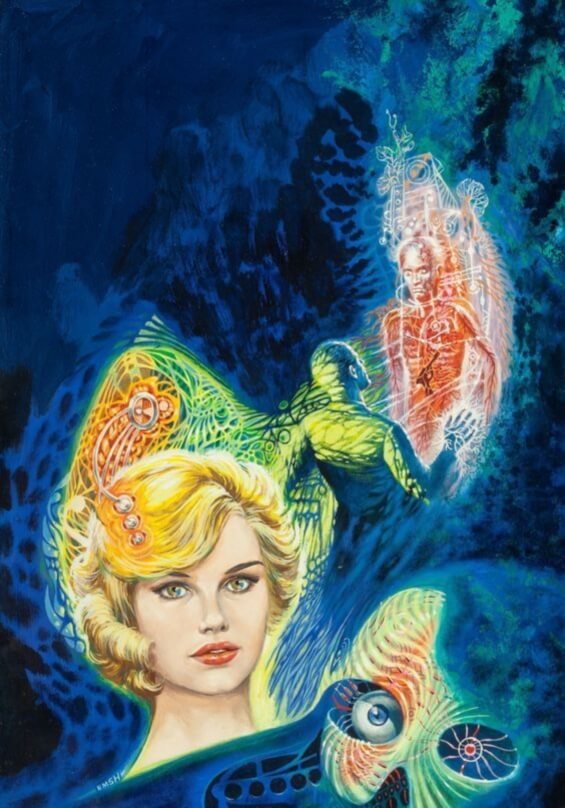
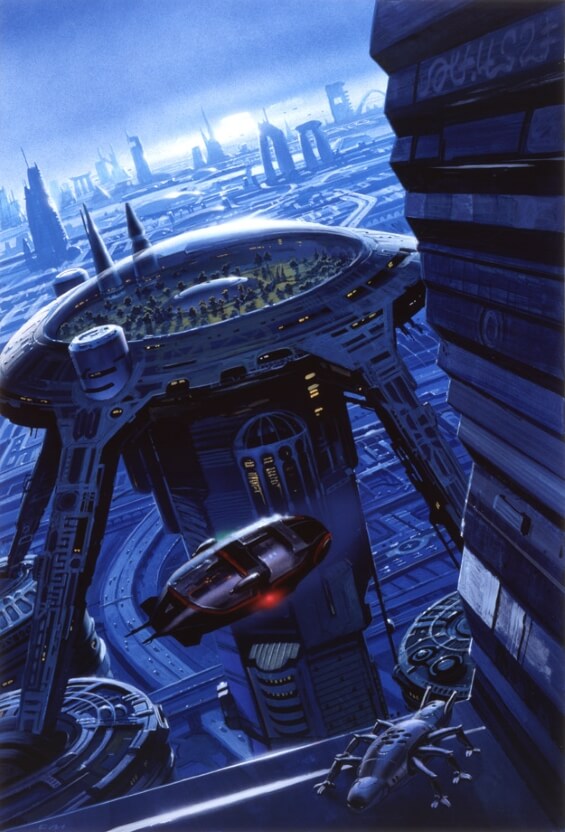
Posted by Jesse Willis
